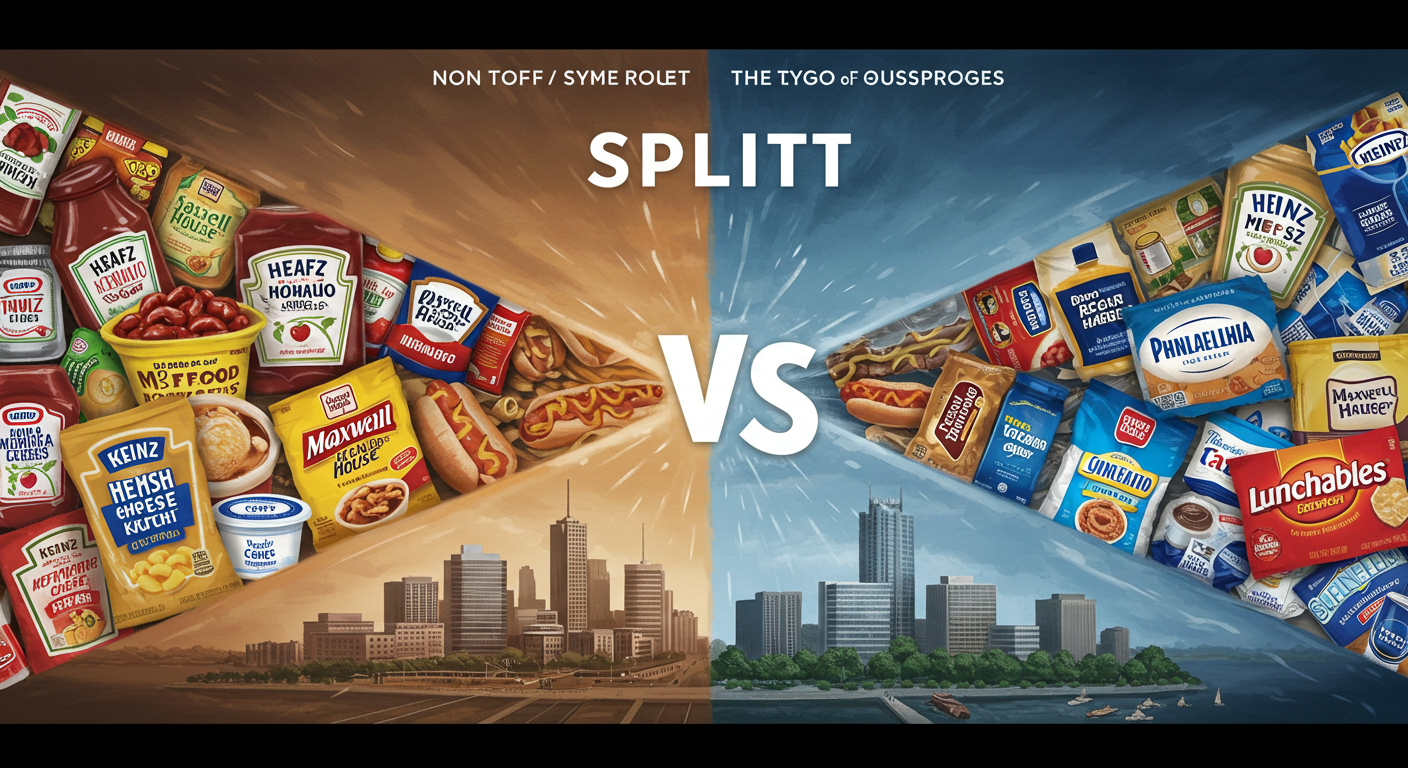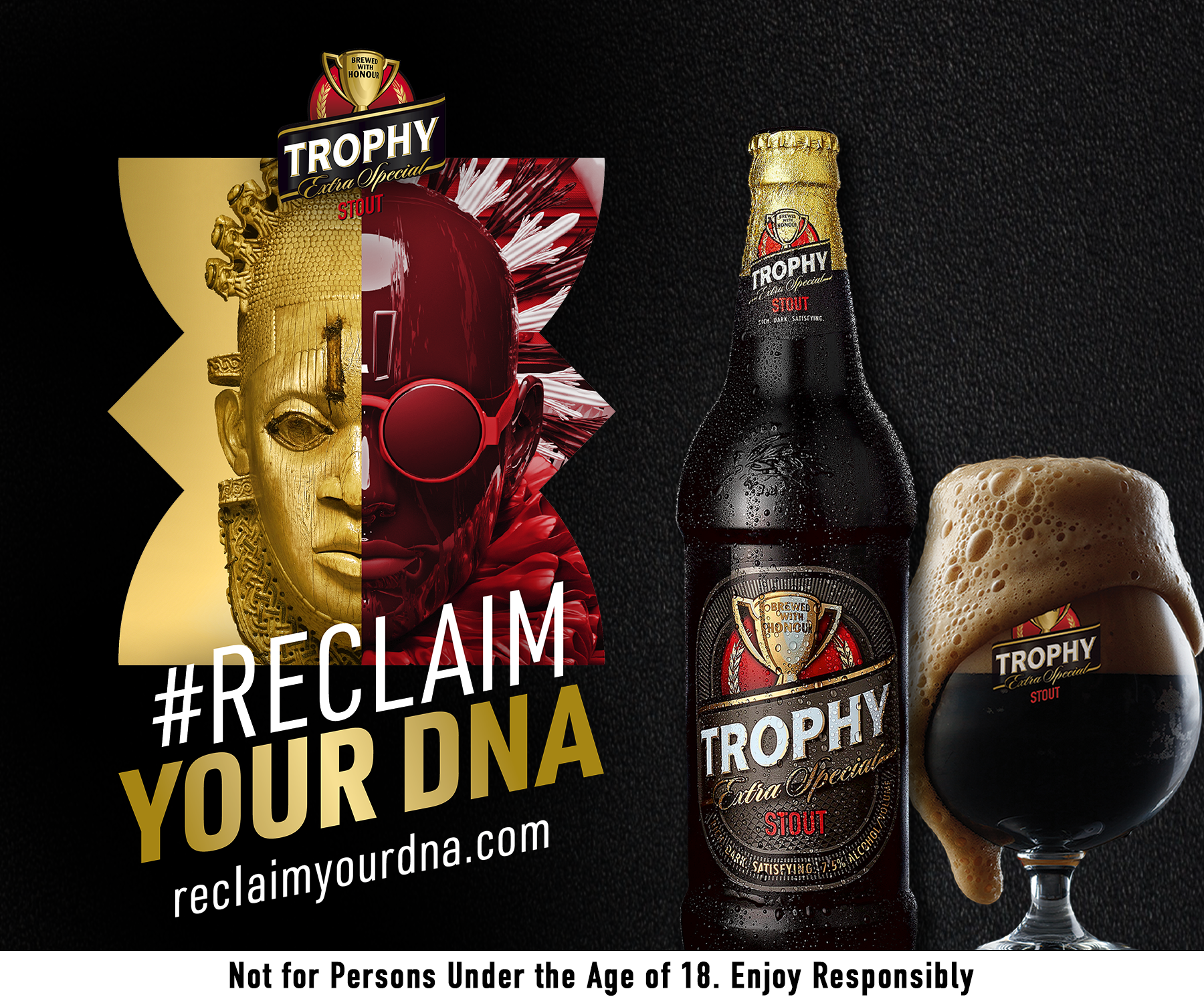Ten years after a massive merger created a food giant, Kraft Heinz is breaking apart. Once seen as proof that size equals power, the company is now splitting into two separate businesses. This “strategic de-merger” signals the end of a vision that failed to keep up with changing consumer tastes and shifting market realities.
Executives confirmed the split on Tuesday after months of speculation. They believe separating the businesses will allow them to focus resources more effectively. One new company, Global Taste Elevation Co., will house fast-growing brands like Heinz, Philadelphia cream cheese, and Kraft Mac & Cheese. The other, North America Grocery Co., will handle iconic staples such as Maxwell House, Oscar Mayer, and Lunchables. The split should be completed in the second half of 2026, with final names for both companies announced later.
The Rise and Fall of a Merger
The 2015 merger, arranged by 3G Capital and Warren Buffett, promised economies of scale. Combining Buffett’s H.J. Heinz Co. with Kraft Foods created the world’s fifth-largest food and beverage company, with $28 billion in annual sales. The strategy relied on cost-cutting through 3G’s zero-based budgeting. While this reduced expenses, it also led to massive layoffs and stifled innovation.
Almost immediately, customers pushed back. Families began demanding healthier, less-processed foods—an area where Kraft Heinz brands like Velveeta and Kool-Aid struggled. The company tried to adjust by selling its Planters nut business and natural cheese division, but results fell short. Since 2020, net income has declined year after year.
Executive chairman Miguel Patricio admitted that the company’s structure made it difficult to allocate capital efficiently or build real scale.
A Bigger Industry Trend
This move mirrors broader shifts in the food industry. Kellogg Co. executed a similar split in 2023, while Keurig Dr Pepper pursued mergers to stay competitive. Food marketing expert Russell Zwanka noted that companies must adapt quickly as shoppers become more selective. He predicted Kraft Heinz brands, many over a century old, will survive but could be acquired by other players.
Fallout and Uncertainty
The decision disappointed Warren Buffett, whose Berkshire Hathaway remains the largest shareholder. “Putting them together wasn’t a genius idea,” he told CNBC, “but separating them won’t fix it.” The merger already wiped out over 70% of the company’s stock value, forcing Berkshire Hathaway to take a massive loss.
The split also weighs heavily on Kraft Heinz’s 36,000 employees, many of whom have faced uncertainty for the past year.
CEO Carlos Abrams-Rivera will continue leading Kraft Heinz and transition to CEO of North America Grocery Co. A new leader will be appointed for Global Taste Elevation Co. The company will keep its dual headquarters in Chicago and Pittsburgh.
ALSO WATCH MARKETING EDGE ONTV







Comment
No comments found.